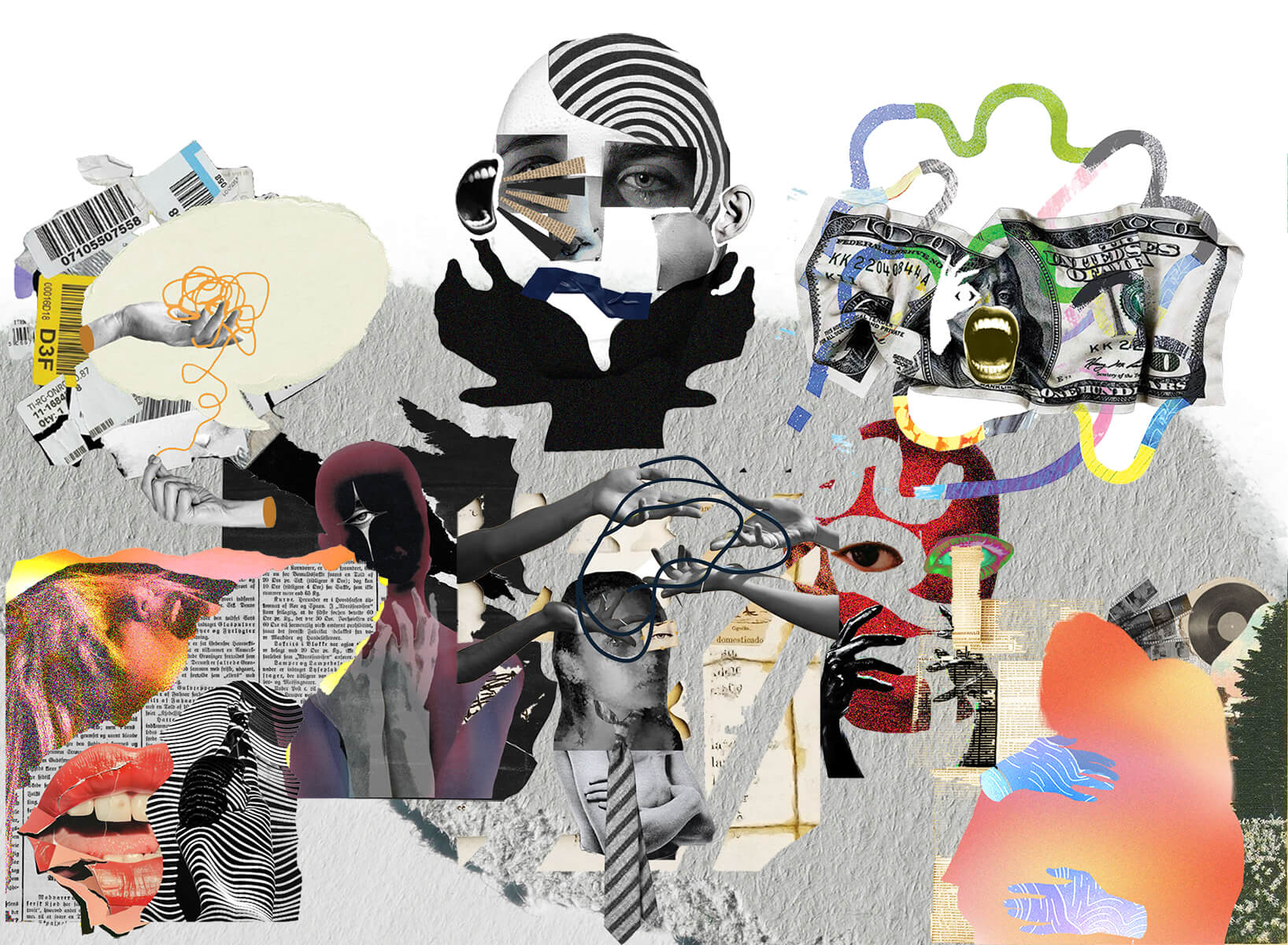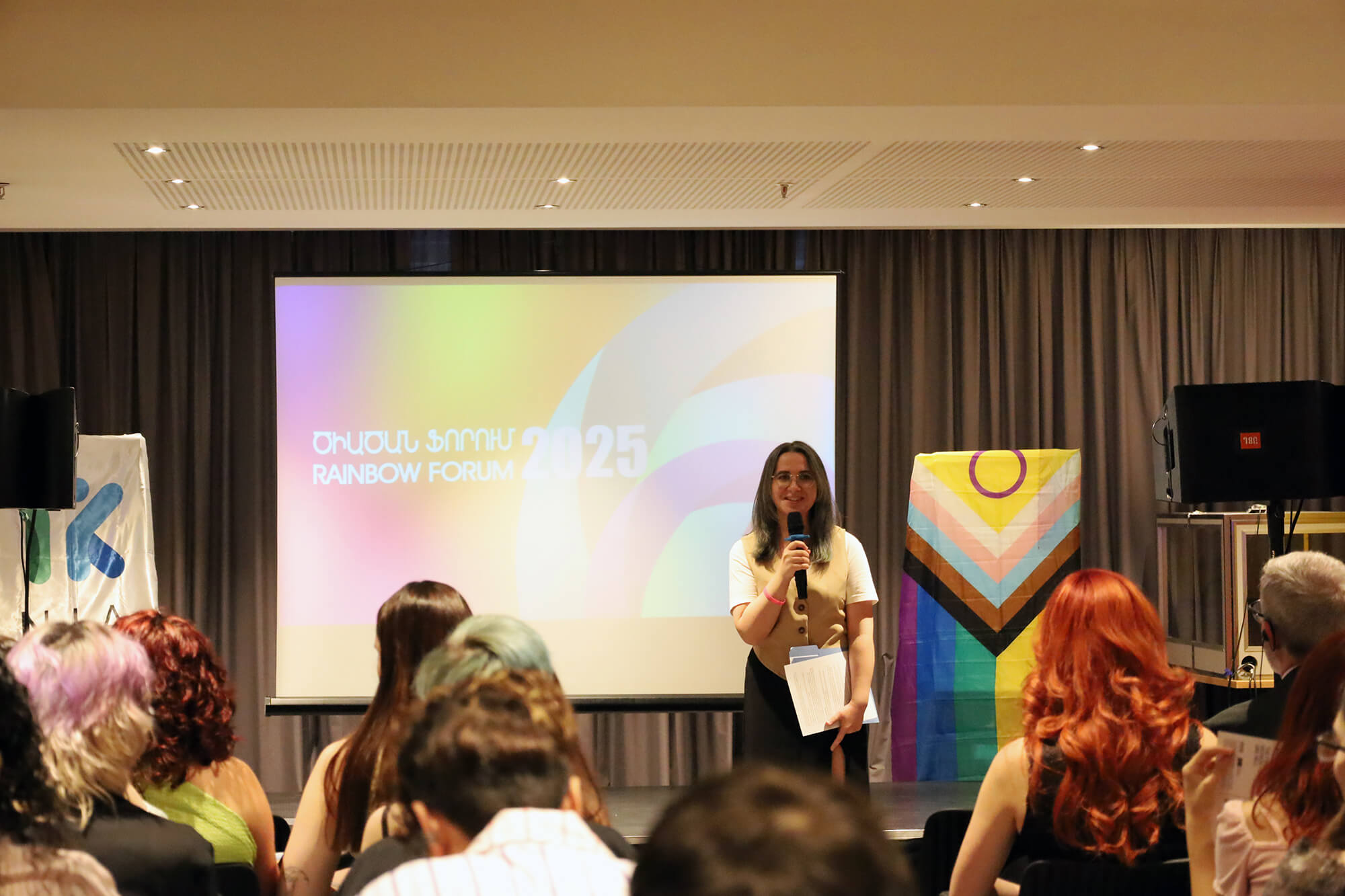International Non-Binary People’s Day
International Non-Binary People’s Day is celebrated every year on July 14. The day’s primary goal is to raise awareness about non-binary people and the challenges they face around the world.
In many cultures and religious traditions, gender is understood as a binary (bipolar) system, at the poles of which are the opposite categories of man and woman. For example, in Armenian society, there is a clear division and boundaries of gender roles and rules of behavior corresponding to the social categories of “male” and “female” or genders.
However, there have been societies with non-binary gender systems throughout human history. For example, among many indigenous peoples of North America, there was and still is the concept of “two-spirit.” Such people have assumed the gender role of the opposite sex. Non-binary gender systems also exist in various cultures in Asia, Africa, and South America. In such societies, people of the “third gender” usually play an essential role in religious rituals and are highly respected.
Non-binary people are people whose gender identity and or gender expression is outside the binary system. Some non-binary people use gender-neutral pronouns or try to avoid using pronouns.
Currently, in some countries, it is possible to indicate a third gender on documents (usually marked with an X) or to refuse to indicate the gender. These countries are Australia, Denmark, India, Iceland, Canada, New Zealand, the USA, Taiwan and Uruguay.
Non-binary people often face misunderstanding and discrimination within the LGBT community as well. Common forms of discrimination include, for example, the intentional use of incorrect pronouns, discrimination in the workplace and health care facilities, and violence based on gender identity.
International Non-Binary People’s Day has been celebrated since 2012. The day falls between International Women’s Day (March 8) and International Men’s Day (November 19 in Western countries), highlighting that non-binary individuals do not identify as male or female.




